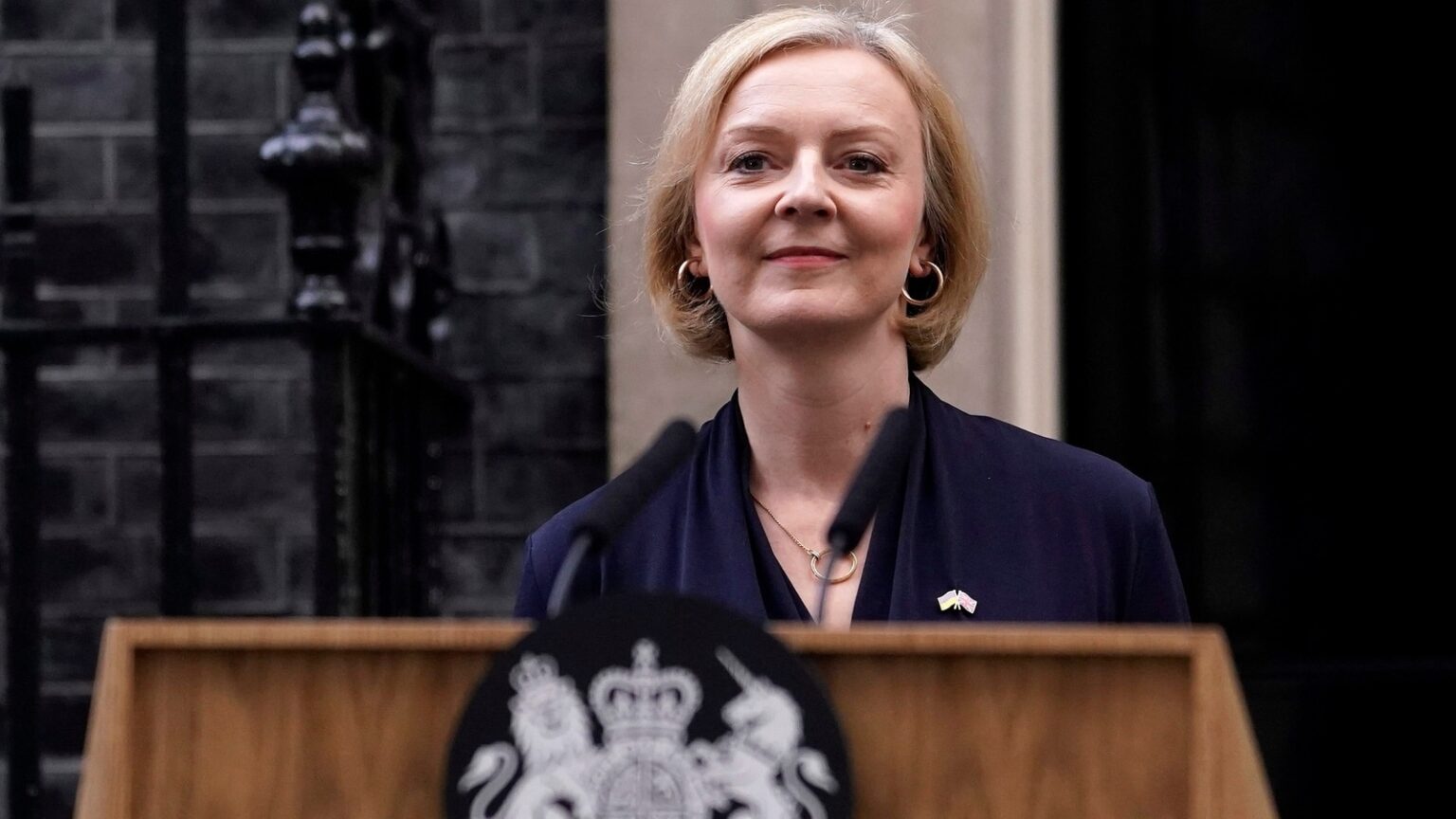On September 6, Truss took office as prime minister after being chosen as the leader of the Conservative Party and defeating Rishi Sunak, Boris Johnson’s chancellor of the exchequer, whose resignation finally forced the outgoing leader to resign.
Currently, she is the British prime minister with the shortest tenure. Liz Truss announced her resignation as prime minister of the United Kingdom 45 days after assuming office at 10 Downing Street, ushering in a major shift in British politics. Her brief administration, the shortest in British political history, was marked by exits and changes of heart.
She stated she was unable to carry out the mandate As a result, she informed King Charles III of her resignation as Tory leader.
She announced that the new Conservative leader would be chosen within the upcoming week, giving the procedure an exceptionally fast turnaround time. She promised to continue serving as prime minister until a replacement had been chosen.

Reasons behind failure of truss term
From the beginning of her term, Truss was facing many challenges, but there are a few reasons which contributed significantly to the failure of her term.
Poor politics- Truss started her reign by engaging in dishonest politics. She had a small talent pool since she wouldn’t put anyone in government who hadn’t backed her candidacy. She had a reputation for seeking retribution since she believed that you were either your friend or your enemy (and enemies were out). Not a good beginning. Truss had to fire her chancellor and home secretary, the two most senior positions in government beneath the prime minister, after less than two months in office due to a clear talent deficit in her cabinet.
Party process– However, due to the way the Conservative party chooses its leaders, the gaps were already visible before Truss assumed office. Truss did not have the enthusiastic backing of her parliamentary party and reached the contest’s final round more by accident than anything else. She marketed herself to the party’s rank-and-file members to win the leadership race by providing tax policies that were fully suited to their requirements rather than reflecting the needs or goals of the larger nation.
In terms of appearance, she developed an awkward Thatcherite character, and in terms of policy, a “red meat” approach. The ultimate result was a new prime minister who was very out of touch with both the public and the government.
Poor policy.- The degree of misalignment was evident as soon as Truss’ self-destructive mini-budget was released. Amid a crisis in the cost of living, removing restrictions on bankers’ bonuses and cutting company taxes were never going to go over well. Any first-year politics student would recognize the poor optics.

Series of resignation letters
As more Conservatives called on Truss to resign, she met with the head of the 1922 Committee of backbench MPs before making her announcement, according to a BBC story. After Kwasi Kwarteng, the finance minister, was fired last Friday, Britain’s interior minister Suella Braverman resigned from her position on Wednesday. She is now the second senior cabinet minister to leave in the past week.
In her resignation letter, Braverman cited a “technical” violation of government policy—sending an official document from her email address—but she also criticized Prime Minister Truss, expressing her “concerns about the course of this government.”
The reason for Kwarteng’s departure was the effect of the financial strategy—the so-called “mini-Budget”—that he had revealed. The fiscal strategy wrecked the currency, spiked mortgage rates, and caused extreme market volatility. The New York Times stated that as concerns about the potential damage to pension funds grew, Britain’s central bank, the Bank of England, was compelled to interfere in the debt market.

Who will be the next prime minister?
After David Cameron, Theresa May, and Boris Johnson, Truss is the fourth Conservative prime minister to leave the office early.
The opposition Labour Party’s leader, Keir Starmer, declared, “The Conservative Party has proved it no longer has the mandate to govern. The British people deserve so much better than this never-ending cycle of upheaval after 12 years of Tory failure, according to the BBC. He claimed that the country was “weaker and worse off” because of the Conservatives. After the resignation of truss, it’s important to see who will be the next prime minister.












